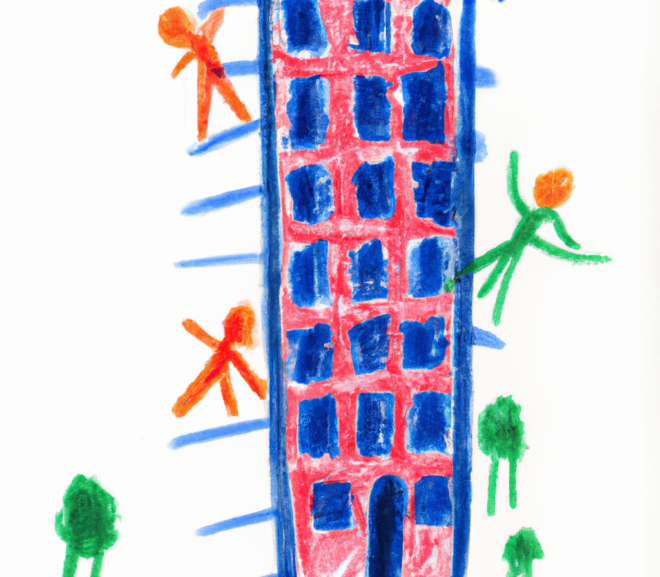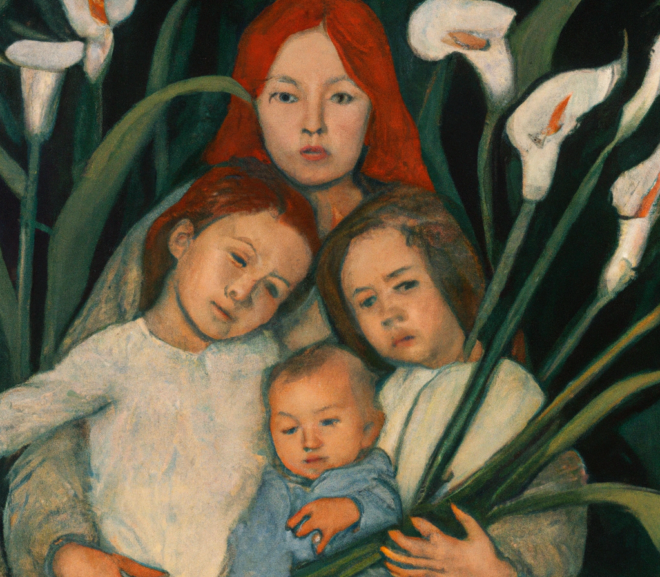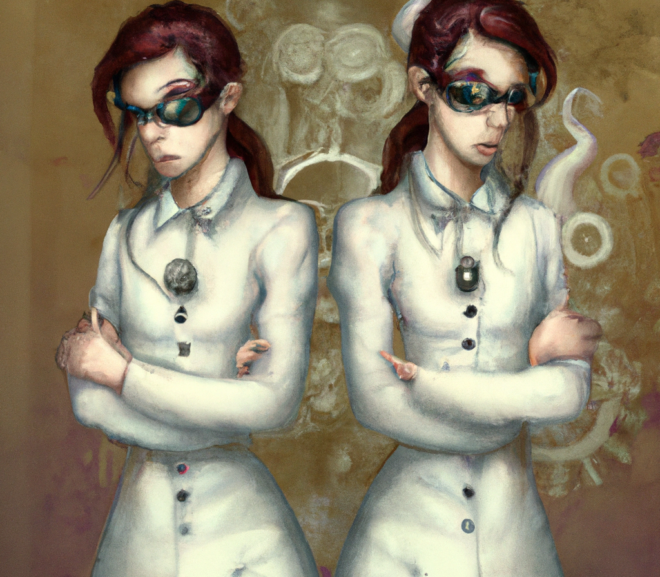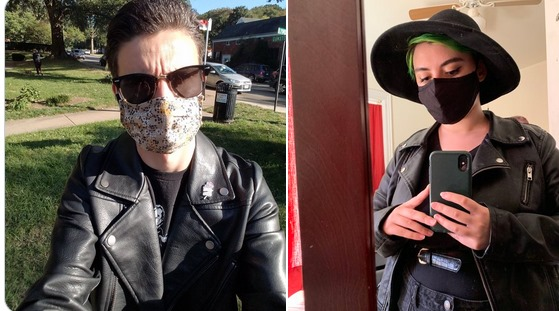I’m not a fan of “levels of autism.” If an autistic individual makes a personal choice to refer to themselves as one of these levels, I can respect their decision. When it’s imposed meaninglessly by others, it’s too often disastrous.
Category: Disability
The ability to express one’s authentic autistic self is much more complicated than an individual choice to unmask. Dr. Amy Pearson explores why this is, and what we can do in order to make the world a safer place for autistic people.
Autistic people tend to benefit from acceptance much more than from awareness, as awareness is passive whereas acceptance is a choice. Here are ten ways you can honor Autism Acceptance, and autistic people of all ages.
I still see a lot of “gifted” labeling in the school system, along with a conversation that is frustratingly narrow, because gifted labels cause harm—both to the ability of “gifted” disabled children to get support, as well as to those without the gifted labels.
Maybe there’s a reason autistic authors have often opted to write neurotypical characters. Maybe it’s proven to be more sellable and “believable” than their own experience. I’m upset, wondering how many wonderful autistic stories we’re missing out on as a world because of neurotypical gatekeeping.
The world made me feel like an autistic failure for so long, but all it took was some kindness and understanding for me to realize that I am quite extraordinary.
The term ‘profound autism’ is not particularly useful, as “many autistic people who do not have the characteristics the authors focus on have significant support needs, and support needs can be radically different across different domains, social contexts, and time.”
Over-valuing certain abilities means looking down on people who don’t share them. Aspie supremacy is the ideology that follows from taking this to an extreme: ‘aspies’ have extraordinary powers which not only make their existence worthwhile, but make them better than other people.
“It’s really important to us that we be a resource for autistic and neurodivergent people directly in a market that’s so inundated with parent-focused resources.”
Retreat isn’t just a quiet room, it is an explicitly neurodivergent space. Nothing about us without us, right? It’s a place to stim freely, drop the mask a little, and find some neurodivergent kinfolk.









